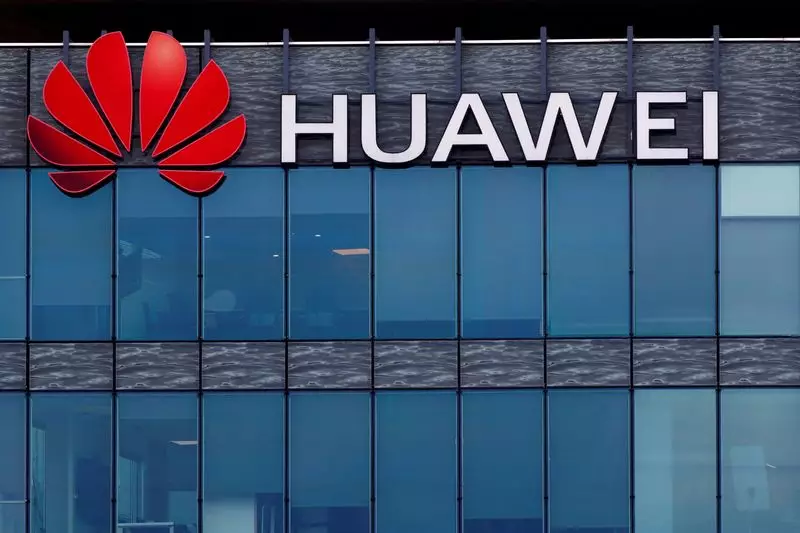In a decisive move towards strengthening U.S. telecommunications infrastructure, the House of Representatives is preparing to vote on a comprehensive defense bill that allocates over $3 billion to facilitate the removal of Chinese-made equipment from American networks. Specifically targeting equipment produced by Huawei and ZTE, this initiative seeks to mitigate potential security concerns associated with foreign technology in critical communication systems. The bill, which spans 1,800 pages, was unveiled recently and includes various provisions addressing broader national security issues, including China’s attempts to circumvent U.S. regulations and an intelligence assessment of its biotechnology sector.
An estimated cost of nearly $5 billion has been determined by the Federal Communications Commission (FCC) for the comprehensive removal and replacement of problematic equipment from U.S. telecom networks. Despite this substantial financial requirement, Congress previously allocated only $1.9 billion for this essential initiative. The current proposal aims to bridge a significant gap, as the urgency surrounding the program grows. FCC Chair Jessica Rosenworcel has advocated for immediate additional funding, highlighting that the effort is currently facing a staggering shortfall of $3.08 billion. This lack of resources poses a direct threat to both national security and the connectivity of rural communities who are often reliant on the remaining telecom infrastructure.
The pressing issue of inadequate funding raises serious concerns regarding the viability of rural networks, which may be left vulnerable without proper investment. Rosenworcel has warned that the absence of critical funding could lead to the shutdown of rural communications networks, effectively eliminating the only service provider in certain areas. This lapse not only endangers everyday communication but also has dire implications for emergency services, such as 911. The Competitive Carriers Association has echoed these concerns, emphasizing the dire need for funding to ensure that mandated removals are completed while simultaneously maintaining service access for millions of Americans.
In 2019, Congress mandated that U.S. telecom carriers benefiting from federal subsidies must take proactive measures to eradicate Chinese telecom equipment from their networks. The urgency of this legislative requirement has only intensified over the years, culminating in the Biden administration’s request for $3.1 billion to bolster the program in 2023. To fulfill this funding gap, plans are underway to utilize proceeds from a one-time spectrum auction, which aims to address the increasing demands of advanced wireless communication.
As the U.S. navigates the complexities of global technology dependencies and national security risks, the actions taken within Congress reflect a growing recognition of the need for robust telecommunications infrastructure. The upcoming vote on the defense bill signifies not just a financial commitment but also a strategic response to safeguarding American networks from foreign threats. Ensuring the removal of insecure equipment is paramount—not only for the security of the nation but also for the daily lives of countless individuals who depend on reliable telecommunications services.

